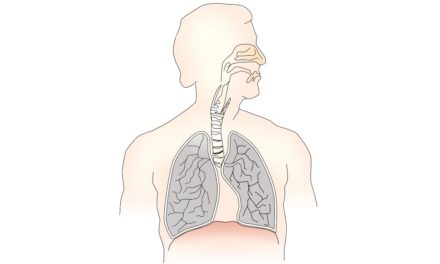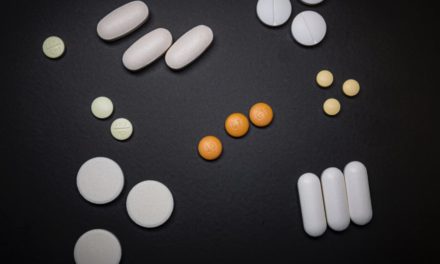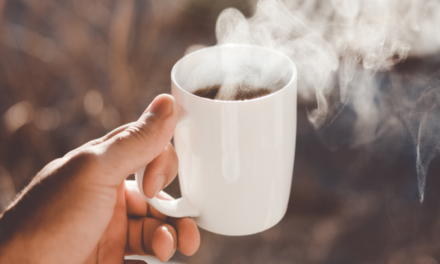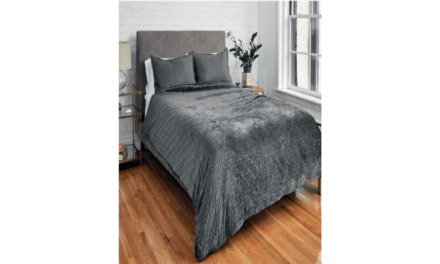Sleep is an often-underrated factor of our health and can have negative consequences if anyone does not get enough sleep. I never thought about the importance of sleep in my everyday life, but due to research, I discovered how it facilitates and allows your body to function every single day of our lives. Although, the funny part about it was that understanding that I was not getting the most optimal sleep stressed me out even though. It is important to try and receive a significant amount of sleep to restrict the buildup of stress and inflammation as it ensures you live your best life.
My dad recently bought me a device called whoop, which tracks the amount of recovery, analyzes sleep, and recommends the amount of time you need to sleep to optimize body recovery, and tracks any workouts that I can complete. The coolest part about the device is that it measures the amount of time I spend in different states of sleep, which enlightened me on how to improve sleep. If we could enhance the amount of time we spend in the deepest state of sleep, our recovery can intensify.
So it turns out there are three main types of sleep that we have. Deep Sleep, Rapid Eye Movement Sleep, and Light Sleep. From a ‘healing your body’s perspective, it seems that Deep Sleep is the most crucial aspect during sleep. REM sleep (or dream sleep) helps us process emotions making it useful in improving our psychological wellbeing. Henceforth, create a combination to enhance all aspects of sleep was the method I needed to work on my body when I am not awake. If you follow many of the steps I took to improve sleep, you will thank yourself for a new level of mental and physical activity.
Surprisingly, different beverages can improve and also decrease the effectiveness of sleep. Avoiding any caffeinated drinks after 11 am or nearing sleep will prevent you from achieving a more beneficial sleep. Many resources and my dad has told me that the half-life of caffeine is 12 hour which means that 12 hours after a cup of coffee 50% of caffeine is still in your blood. People have to ensure that they do not drink too much coffee and drink it at an appropriate time to prevent the caffeine from impacting sleep as much. Different types of teas, with the use of herbs, such as chamomile, lavender, lemon, and green tea, can help improve the quality of sleep. However, it would help if you were careful because many brands of tea put caffeine into the tea that is unnatural and may have suppressed effects similar to coffee.
To counter anxiety and stress, I indulged myself in playing videogames and socializing with friends. One impact I was unaware of was the frequency of blue light which hides your body from identifying when it is time to sleep. By impacting my sleep schedule, I am sure I was experiencing many negative consequences with knowing. Blue light blocking glasses prevent the type of blue light from affecting your body, allowing for optimal sleep habits. It also allows me to have the same source of comfort from video games and friends without the impacts of blue light. It prevents the production of melatonin, which is the natural chemical in the body that relaxes the body and prepares us for sleep. Since it impacts our body’s system to produce chemicals helping us sleep, no wonder wearing the glasses have had such profound influences on sleep.
Many supplements can be taken, which help decrease inflammation, stress, and enhance sleep, such as magnesium, calcium, melatonin, and ashwagandha. Magnesium helps relax muscles and reduces inflammation, which suppresses impacts from body-related discomfort. Calcium strengthens the bones and assists in the production in melatonin will obviously improve sleep. Taking more melatonin will add to the naturally produces melatonin and help me sleep when it is late and I am not tired. Ashwagandha more targets explicitly people with muscular dystrophy as it decreases blood pressure to ease the heart and allows for quality rest in your sleep. I personally feel that these four supplements assist in helping me to get to sleep; however, ensure your body can withstand these supplements due to a slight chance it may impact you negatively.
Any stretching or recovery relating tasks following exercise or right before sleep has phenomenal effects. I have been stretching for the past four years, and my sleep has improved as it decreases inflammation and allows your body to relax before falling asleep. Personally, it is the most effective method for people to promote sleep as it only takes 5-10 minutes to complete. Since muscular dystrophy does target muscles and enhances tightness stretching will be the most important thing for you in any lifestyle.
When I sleep, I play white noise, meditation music, or relaxing sounds that I feel boost sleep when I am in bed. It seems to help me sleep longer and enables me to return to sleep if I wake up in the middle of the night. I believe that it does promote Deep Sleep, which again is a crucial phase of rest for the recovery of your body. Honestly, none of these methods can negatively affect sleep, so I encourage everyone to take their first steps to improve their sleep.
I hope some of these tips are useful to you. I will frequently write more about this topic because you can be enhancing your body even when you are sleeping.





